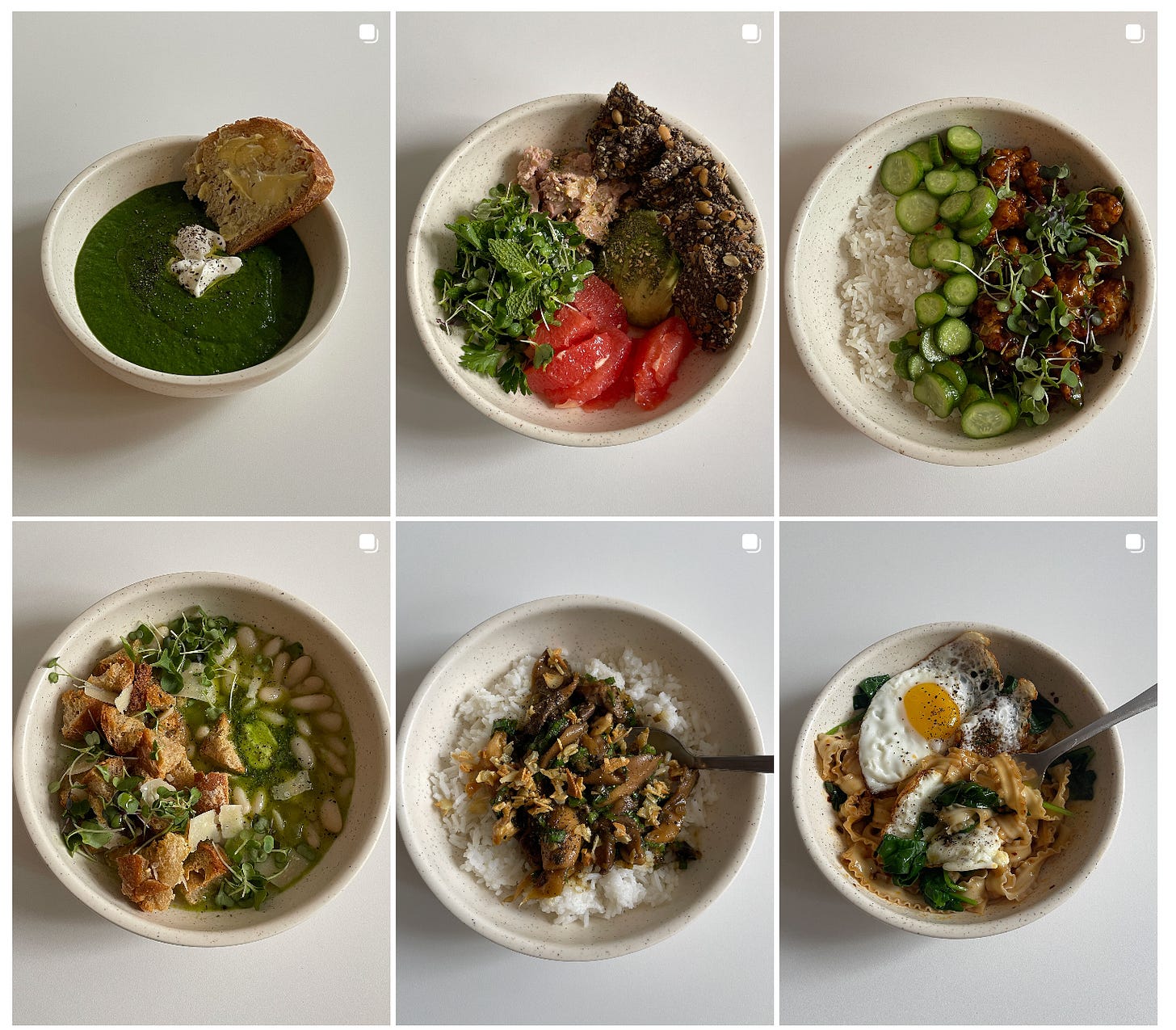The Library Method
How a neuroscience major with zero writing experience became Eater's senior reporter and what it teaches us about breaking in
Last month, an aspiring food writer asked me: "How do I get editors to take me seriously when I have no clips?"
It's the catch-22 every aspiring food writer faces. You need experience to get work, but you need work to get experience.
This week, I talked to someone who cracked that exact code almost ten years ago.
Bettina Makalintal now breaks food stories for Eater. But in 2015, she had no writing background, no editor connections, and no published clips.
Her first food piece was a story about a Filipino pop-up in Boston run by two siblings.
How she got there and what happened after is a lesson in persistence and diligence.
The Library Strategy
Here's what Bettina did that most people won't:
She went to the library with her husband (also trying to break into tech journalism) and read magazines cover to cover. No skimming or doom scrolling. She read every single word of the magazines she wanted to write for.
"We would look through a magazine piece and be like, okay, a piece in the front section of Bon Appétit is structured this way, it's this many words, this is how they typically approach it."
They reverse-engineered the formulas, studied the tone, counted words and analyzed structure. Then they tried to imitate it.
The insight: "I'm not good at math, but I can make a sentence sound pretty good. I just needed to figure out the specific words people use when talking about food professionally."
The Follow Up Game
Getting that first Boston Globe piece wasn't about connections or luck. It was about persistence.
"I sent that editor so many emails just being like, 'Hey, just following up on this pitch. I promise you I can write this story.'"
Most people send one email and give up. Bettina kept following up until someone said yes.
The breakthrough: "Once I got that first piece, it really ended up being the biggest hurdle. Then I could pitch other editors and say, 'Look, I have this piece in a legitimate publication.'"
Workplace Education
Bettina's career path tells the story of modern food media:
Munchies (Vice) — "We could be irreverent, silly, even rude sometimes. We weren't concerned with what other publications were doing."
Bon Appétit — "Going from somewhere so digital-first to traditional print media with established norms and workflows. It was interesting to see behind the scenes of something I'd studied for so long."
Eater — "A midpoint of the two. Digital-forward but with authority to tackle big stories. If you're really into something, you can run with it."
Each job wasn't just a paycheck. It was education in what kind of writer she wanted to become.
The Dinner Party Test
Bettina's secret weapon is she writes about what people are actually talking about.
"If we're talking about something a lot in our Slack, or having conversations with friends about it, we have to pursue this. Especially because this is clearly a conversation happening outside our hyper-obsessed food niche."
The egg crisis piece that went viral started because everyone at Eater kept talking about eggs.
The Ina Garten memoir review that said what everyone was thinking was dinner party conversation material.
The formula: Real-life relevance + insider knowledge = stories that matter.
The Confidence Paradox
Here's what surprised me: Bettina still gets nervous before publishing anything.
"I'm a very sensitive person and it still gets to me. Every time I publish anything, I'm like, 'Oh, maybe people will be mad at me for this.'"
But she publishes anyway. Because the work matters more than the fear.
The lesson: Confidence isn't the absence of fear. It's doing the work despite it.
Questions You Can Ask Yourself:
If you're trying to break into food writing:
What publications do you actually read? Study them like textbooks
What are your friends talking about that isn't being covered?
Are you willing to follow up five times when most people give up after one?
If you're a chef or restaurateur looking for coverage:
Does your story fit what this writer actually covers? (Bettina doesn't cover openings, by the way!)
Are you reaching out with context, or just saying "we opened"?
What makes you different enough to be worth writing about?
If you're pivoting careers:
What skills transfer from your current world to your desired world?
Are you studying the new industry like Bettina studied magazines?
Do you have the patience for the long game of building credibility?
Bottom Line
Ten years ago, Bettina had no clips, no connections, no formal training.
Today, when I want to know what's really happening in food, I read her work.
The difference is she did the work most people won't do. She studied obsessively. She followed up relentlessly. She wrote about what mattered to real people, not just food insiders.
"I think you always have to be thinking about the world through the lens of: could this be a story?"
Your breakthrough isn't waiting for permission. It's waiting for you to do the work.
What's your version of the library strategy?
What industry are you studying, and how deeply are you really digging?
—Bea
PS. Trying a new format! Thanks to
for giving me feedback on this newsletter.Listen to this episode and tell me what you think ;)
What’s On Your Plate is a bi-weekly look behind the scenes of the food and hospitality world — from culinary school to food brands to startup kitchens.
I share lessons from my work in the industry and profile chefs, founders, and creatives shaping how we eat and work.
This is for students, entrepreneurs, and professionals exploring the many ways to build a life & career in food.






Anytime lovely!